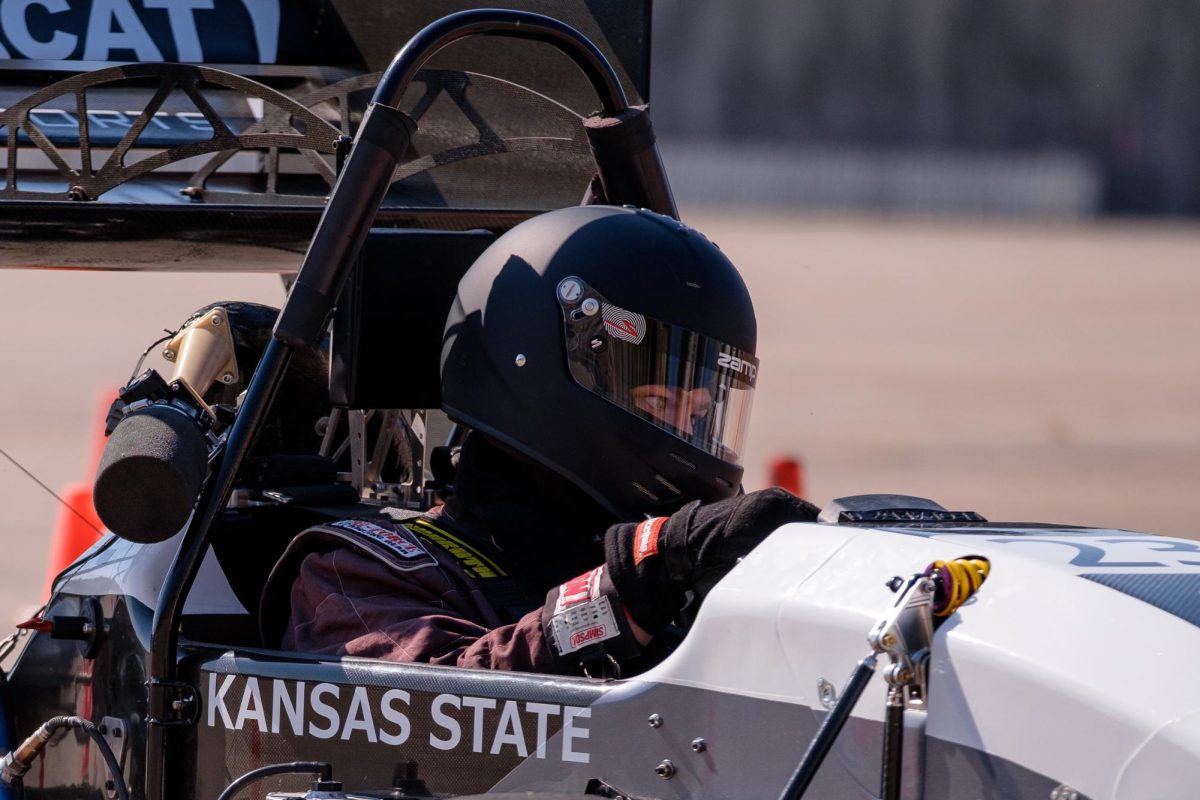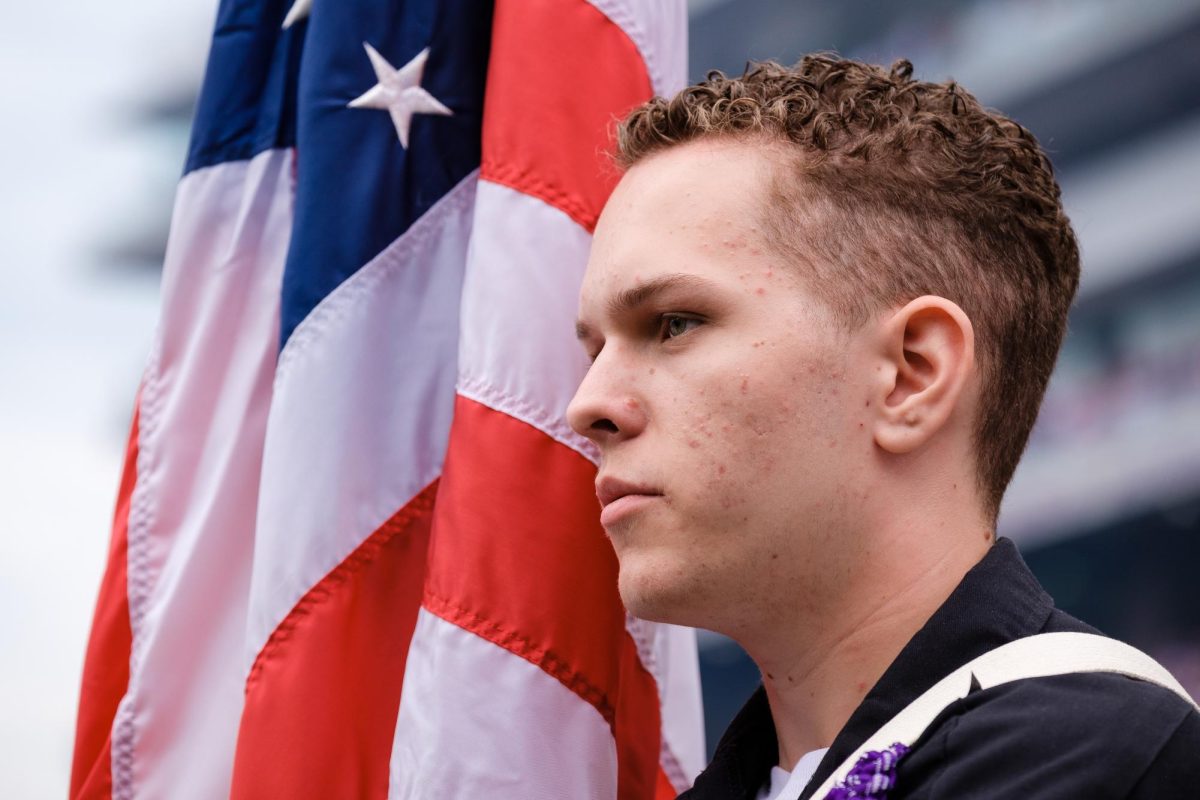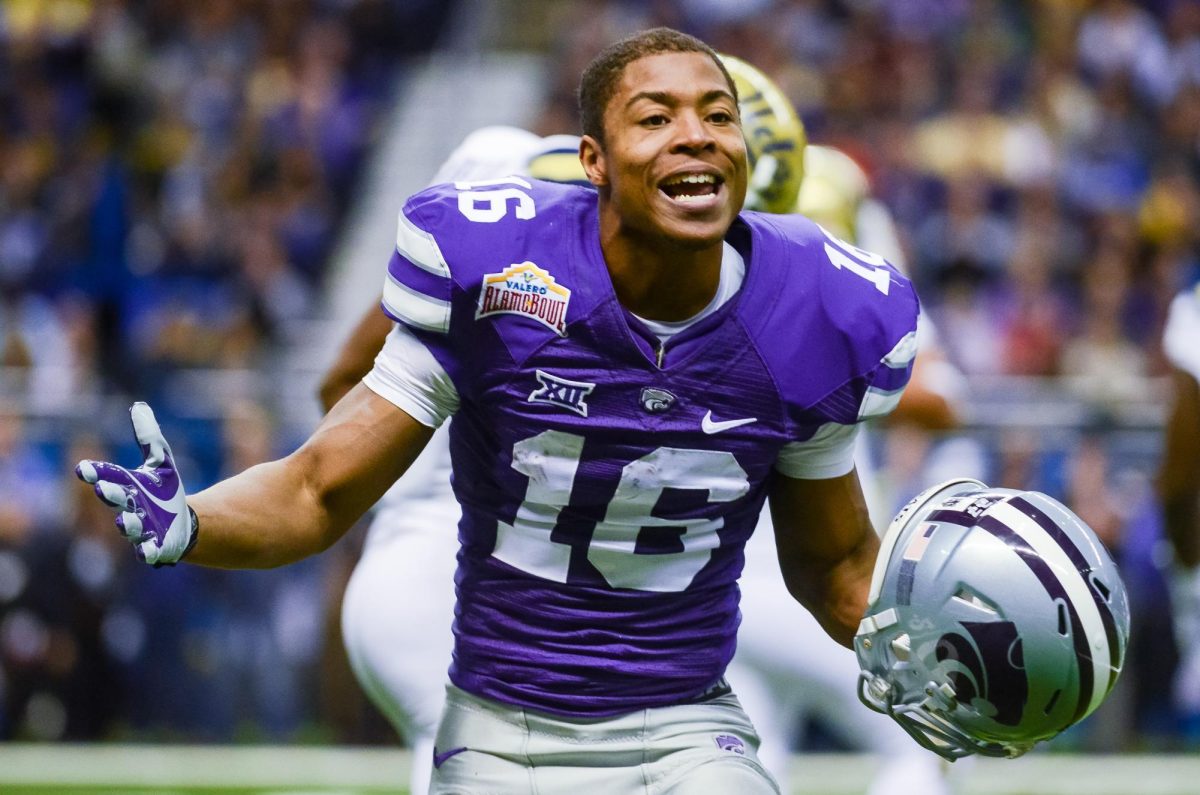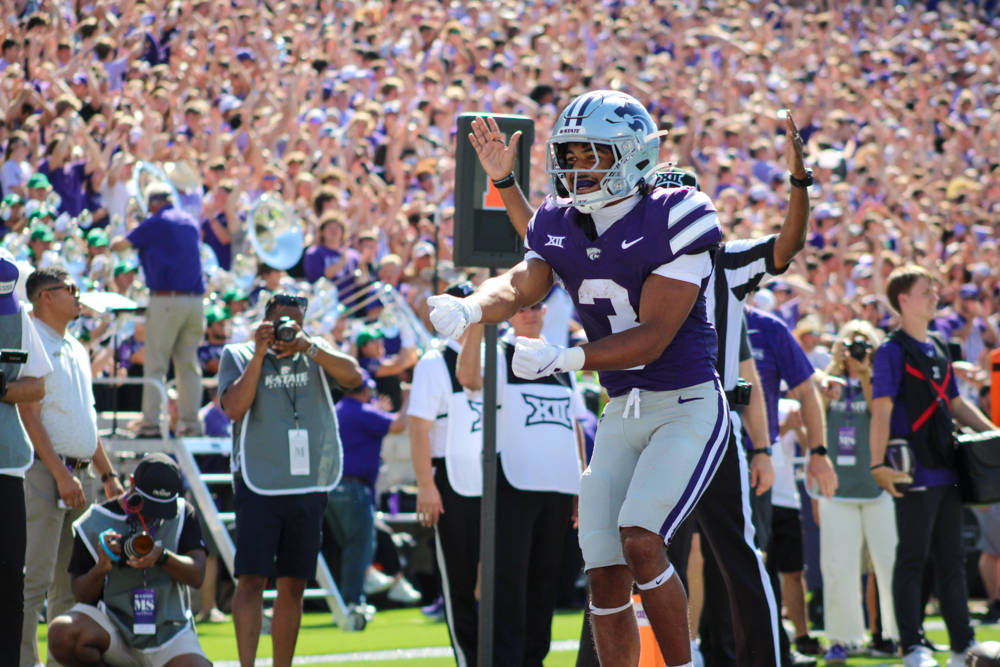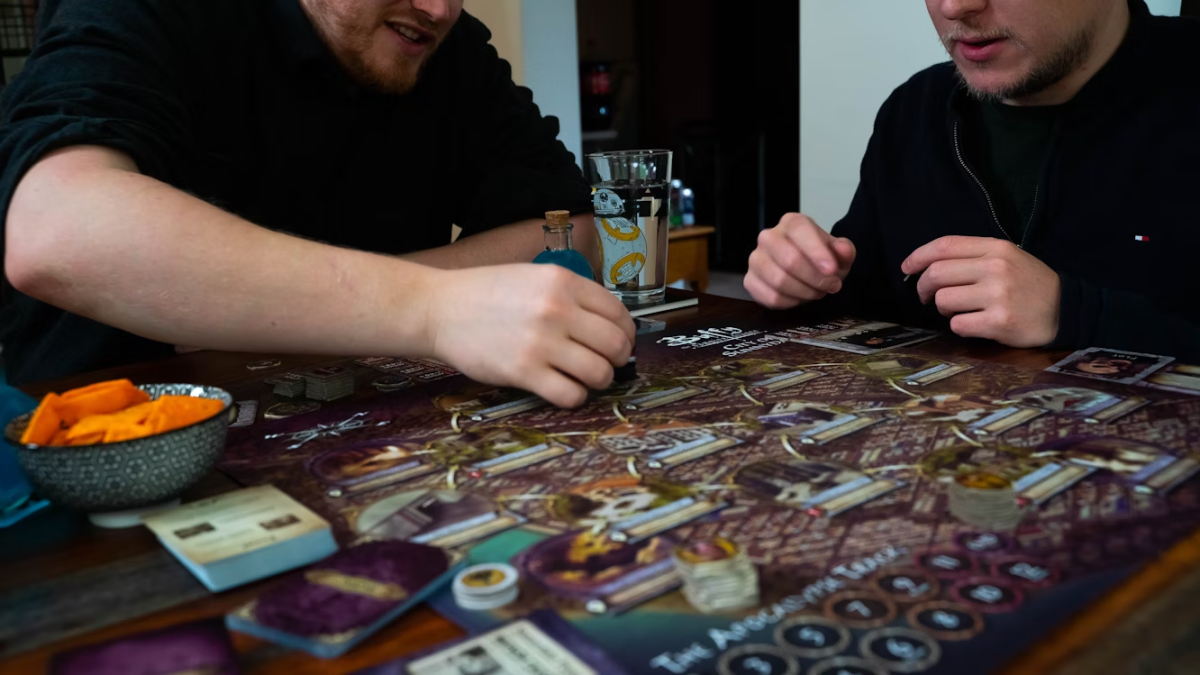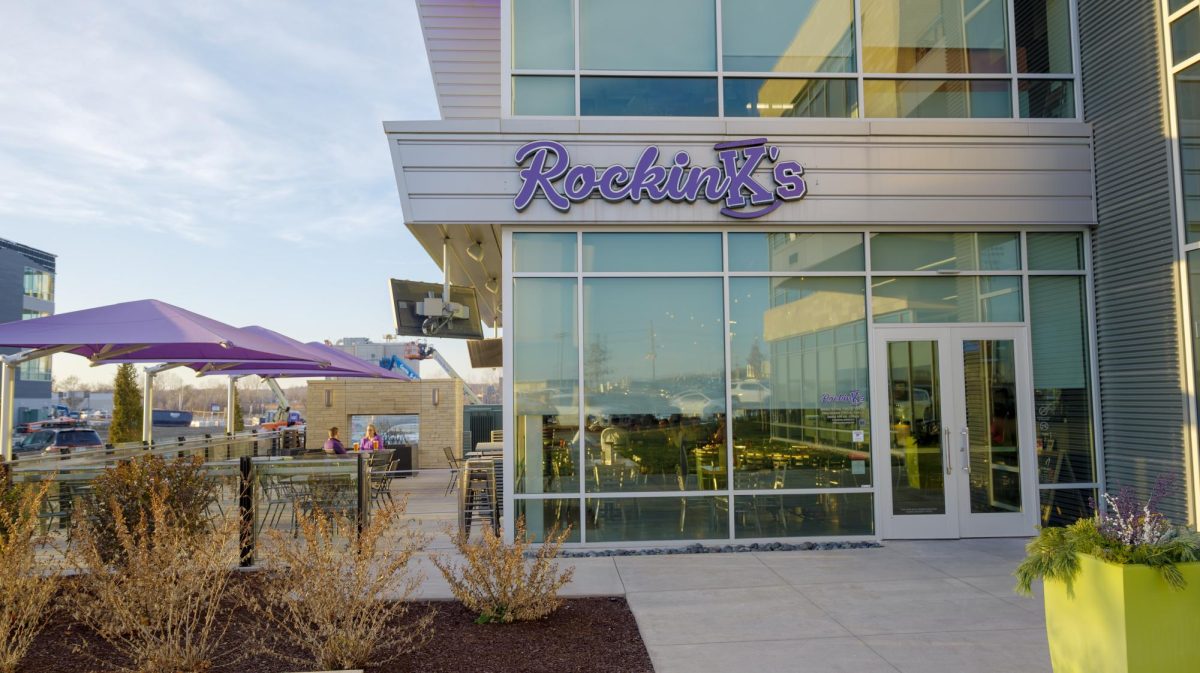Consider a typical Friday evening in a small dorm room. The air smells like popcorn, and your roommates are sitting around a table covered with game pieces. Someone turns over a piece and jokingly says someone else is cheating, and everyone laughs. These game nights lead to strong friendships. At Kansas State, students play games like classic board games, D&D, Texas Hold’em, and video games to unwind and bond outside of class. These games show different sides of people’s personalities, teach them to trust each other, and show the good and bad of being a young adult. Let’s examine how each game shows what college friendships are all about.
Texas Hold’em: Bluffing Through Life’s High Stakes
A Texas Hold’em poker night is sure to get your blood pumping as K-State students, from future Wall Street types to psych majors, get together in basements or lounges to play. The appeal of the game is its honesty. You can’t hide when that last card is dealt.
Reading the Room and Taking Risks
Poker helps you see how your friends deal with risk. The quiet player might risk it all, showing their will to ask for more time on a project, while the bluffer’s habits let you know they are not being truthful. I knew you were bluffing, a winner might say, as the loser laughs. You got me, deal the next hand.
Sharpening Strategy with Smart Tools
Figuring out those tough choices adds to the challenge. Players look closely at the shared cards, quickly guessing their chances. Smart players use online tools to easily understand the numbers and improve their game. For example, a quick look at a good Hold’em odds calculator can show how likely your hand is to win against other players, changing guesses into smart moves. This level of strategy is like college, where working with others or dealing with friends means mixing feelings with smart choices.
Board Games: Where Strategy Meets Side-Splitting Chaos
Board games like Monopoly or Settlers of Catan offer more than just entertainment; they expose group dynamics. As players trade and negotiate, unexpected sides emerge—like a study partner turning into a ruthless dealer. These games excel at blending teamwork and competition, where cooperation and rivalry coexist.
Building Alliances and Inside Jokes
At K-State, you might find agriculture students playing Catan. One player may hoard resources, leading to funny arguments as they trade. The game reveals character, like the friend who always helps you out. Laughs over bad deals build lasting friendships.
Leveling the Playing Field for All
American Psychological Association research shows that shared activities raise oxytocin levels, aiding bonding. Unlike group chats, board games quickly foster connections because skill isn’t a barrier; anyone can win. This attracts both introverts and extroverts, changing awkwardness into shared laughter. These games teach us that friendships grow from knowing when to act, when to yield, and how to handle setbacks with humor.
Dungeons & Dragons: Crafting Worlds and Confessions
Dungeons & Dragons at K-State allows theater and engineering students to become elf archers or dwarves. The Dungeon Master tells stories of dragons and treachery, but personal character histories are where the charm lies. For instance, a player might reveal, My rogue was an orphan, echoing their own feelings of being a homesick freshman.
Vulnerability in Every Roll
D&D requires players to be open with one another. Trust is vital for maintaining the story; metagaming ruins the experience. For example, in a campus game, a lucky roll led to sparing a villain. This choice sparked ethical debates among players, strengthening their bonds and leading to supportive friendships outside the game, like study groups framed as plot planning.
Empathy Through Epic Tales
This game helps build empathy through collaboration. When a quest faces issues, players find solutions together, just like friends during stressful times. Research in the Journal of Personality and Social Psychology suggests that role-playing improves emotional skills, aiding college students in handling the challenges of gaining independence. At K-State, D&D nights usually end with plans to meet again, showing that sharing experiences creates strong relationships.
Video Games: Teamwork in Virtual Battlegrounds
Video games turn college friends into cooperative teams or rivals. Games such as Among Us or Fortnite fill dorms with excitement as players work together. Voice chat is full of callouts and cheers. These games require teamwork and create friendships through both wins and funny mistakes.
Inclusivity in Every Match
Video games are great at including everyone, no matter their skill. A K-State player shared how a beginner’s lucky move in Overwatch won them a match and a spot on the team forever. Also, the mock betrayals in Among Us, like when an innocent player gets voted off, lead to funny arguments that let people blow off steam. This clears the way for better real-life hangouts.
Endurance from Late-Night Grinds
Multiplayer games improve perseverance. For instance, completing late-night raids in World of Warcraft cultivates patience among players. The Entertainment Software Association found that 65% of players feel gaming is a main way to socialize and helps build communication skills. College students can use it to escape and create memories, with inside jokes and online friends making their way into real-world conversations and friendships.
Wrapping Up the Game: Lifelong Lessons from Play
Game nights at K-State build friendships. Board games improve negotiation skills with laughter. D&D inspires imagination, Texas Hold’em puts bluffing skills to the test, and video games unite teams. These games show who we really are and how we relate to each other.
Amid the chaos of college, game nights remind us that friendships grow through simple actions, not extravagant gestures. They teach us flexibility, forgiveness, and the importance of being there, lessons that stay with us after school. So, next time you play, get involved—you might find a great friend.



